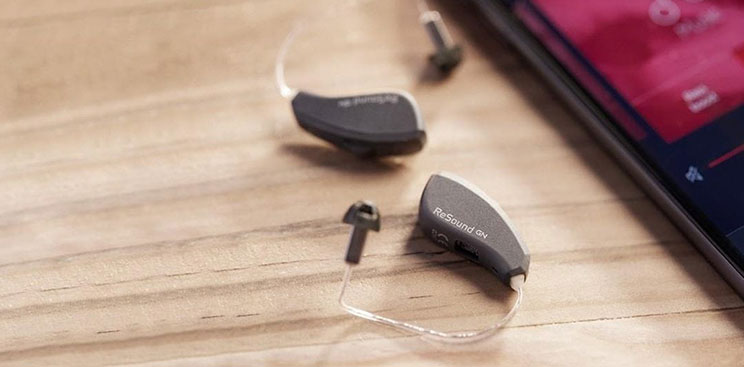Dealing With Common Hearing Aid Problems

We often take our hearing aids for granted because they usually work so well, until they don’t! The daily wear and tear of life can disrupt their delicate inner workings, so it is important to learn ways to deal with common problems that occur with hearing aids.
It is important to remember that hearing aids are like any other electronic device, and require equal amounts of care and maintenance. Always create a daily cleaning ritual to make sure your hearing aids are clean, dry, and well maintained. This will reduce the wear and tear and minimize the chances of damage or malfunction.
Dirt, earwax, and sweat are often the most frequent visitors and culprits that can cause your hearing aids to malfunction. Keep your hearing aids protected from any damage from the above mentioned threats by putting them in the dehumidifier after cleaning them thoroughly each night to get rid of any trapped moisture. Also remember that the wax filter that prevents earwax from damaging your hearing aids also needs proper cleaning every once in a while.
It is recommended that you take your hearing aids in for deep cleaning by professionals at least two to three times each year, depending on the type of hearing aids you have. Specialists are better trained to effectively clean out your hearing aids from the inside. They will be able to remove any minute dust particles, dirt, debris, or earwax that you may have missed during your regular cleaning sessions.
Some common home remedies for common hearing aid problems can help you save a trip to the professionals. If your hearing aid is not working properly, try the most obvious and simple solution of turning them off, waiting for a minute and then turning them back on again. This usually takes care of any minor glitch with your hearing aids.
If you feel like your hearing aids have a problem resulting from the batteries, try replacing the batteries. Also check for any loose wires or battery corrosion, which appears in the form of white dusty powder coated on the batteries. If your batteries look white and dusty, throw them away instantly and replace them with new ones. It is important to note that even rechargeable batteries may need to be replaced occasionally.
If you notice that you have too much earwax in your ears, make sure you clean your ears in the shower or have them cleaned by a doctor. Too much earwax can damage hearing aids and stop them from working properly.
In case you are having feedback problems or trouble hearing properly with your hearing aids, check if there are any cracks or other physical forms of damage. If so, take your hearing aids to your audiologist to have them repaired by professionals.
